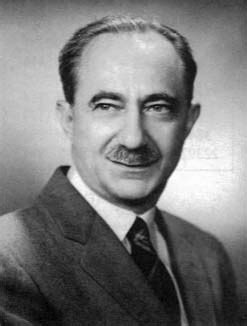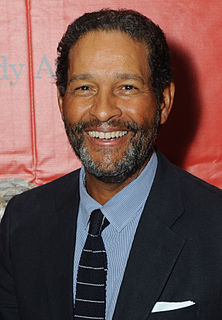A Quote by Yuval Noah Harari
I don't like the word 'abstractions' very much because most people don't think in abstractions. That is too difficult for them. They think in stories. And the best stories are not abstract; they are concrete.
Related Quotes
We can tell people abstract rules of thumb which we have derived from prior experiences, but it is very difficult for other people to learn from these. We have difficulty remembering such abstractions, but we can more easily remember a good story. Stories give life to past experience. Stories make the events in memory memorable to others and to ourselves. This is one of the reasons why people like to tell stories.
Life holds many, many, many mysteries, abstract things we all think about. In a film when things get abstract, some people don't appreciate that and they want to leave the theater. Others love to dream, get lost, try to figure things out. I'm one of those people. I like a film, a story that holds concrete things but also abstractions. So when ideas come along that have those things, I'm falling in love and going to work.
I still read romance, and I read suspense. I read them both. And part of it is, I like stories with strong characters, and I like stories where there's closure at the end. And I like stories where there's hope. That's a kind of empowerment. I think romance novels are very empowering, and I think suspense novels are, too.
Why the connection with musicians? I think it's because in the end we're doing very similar things - we're telling stories, we're using poetic, lyrical language, and we're distilling stories down into their simplest form. We're both telling a story in two languages - word and music for them; and word and image for me.
Great stories happen all around you every day. At the time they’re happening, you don’t think of them as stories. You probably don’t think about them at all. You experience them. You enjoy them. You learn from them. You’re inspired by them. They only become stories if someone is wise enough to share them. That’s when a story is born.
Humans are kind of story-propagating creatures. If you think of how we spend our days, think of all the time you spend on entertainment. How much of your entertainment centers around stories? Most pieces of music tell stories. Even hanging out with your friends, you talk, you tell stories to each other. They're all stories. We live in stories.
[Albert Camus] started thinking through sensation. He could never think with artefacts or with cultural models because there were none. So it's true to say that his morality was extremely 'lived', made from very concrete things. It never passed by means of abstractions . It's his own experience, his way of thinking.
If people would stop objectifying abstractions (which they probably never will), or if they would stop objectifying the abstractions they make consciously (which they might learn to do), at least half the pseudo-questions befuddling the world today - as they have befuddled it since time immemorial - would vanish. And that would be a very, very great gain.







































